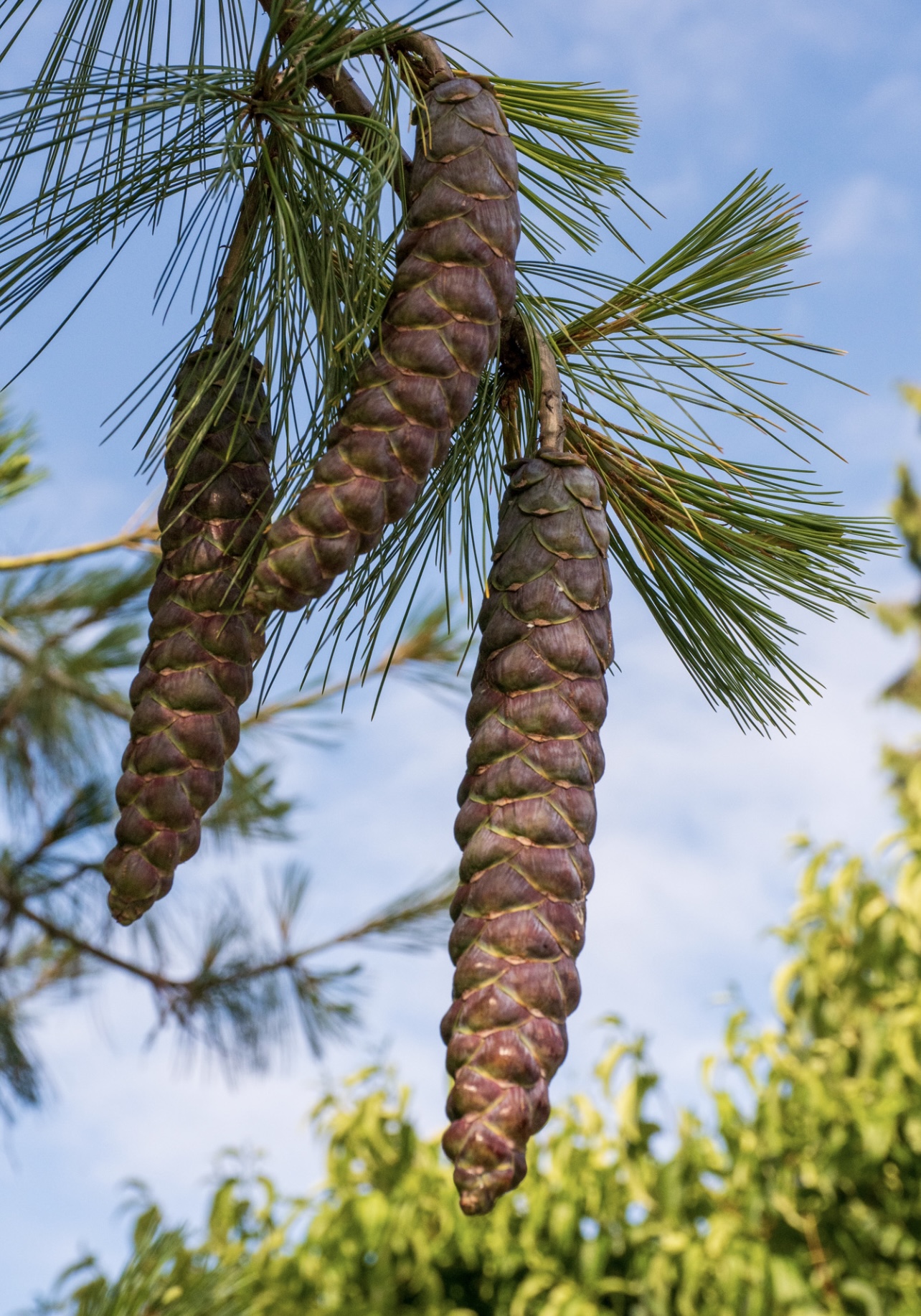 Plants dropping most of their seeds together in one year, then taking years almost or completely off from seed production, is called “seed masting.” Drop enough seeds at once and some will survive the predators’ feast. Ecologists call this the “predator satiation hypothesis,” …Researchers in Canada published a paper in Current Biology proposing a new hypothesis for the evolution of seed masting: disease. While acorns are being gobbled up from above by hungry squirrels, they are also being attacked from below, and within, by fungi, bacteria and other pathogens. Scientists have understood for a long time that these agents can kill large numbers of seeds, but their role in determining the timing of seed release has been largely ignored. But some scientists wondered whether masting trees could drop fewer seeds in some years to break cycles of disease, rather than just to overwhelm predators in high years.
Plants dropping most of their seeds together in one year, then taking years almost or completely off from seed production, is called “seed masting.” Drop enough seeds at once and some will survive the predators’ feast. Ecologists call this the “predator satiation hypothesis,” …Researchers in Canada published a paper in Current Biology proposing a new hypothesis for the evolution of seed masting: disease. While acorns are being gobbled up from above by hungry squirrels, they are also being attacked from below, and within, by fungi, bacteria and other pathogens. Scientists have understood for a long time that these agents can kill large numbers of seeds, but their role in determining the timing of seed release has been largely ignored. But some scientists wondered whether masting trees could drop fewer seeds in some years to break cycles of disease, rather than just to overwhelm predators in high years.